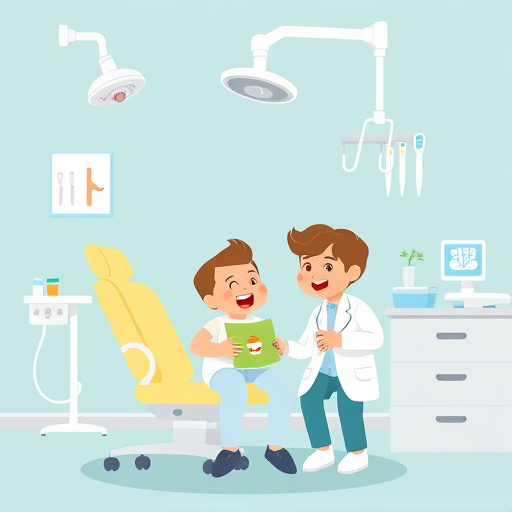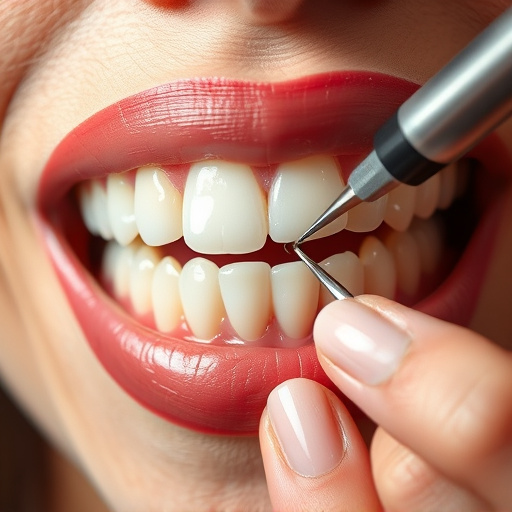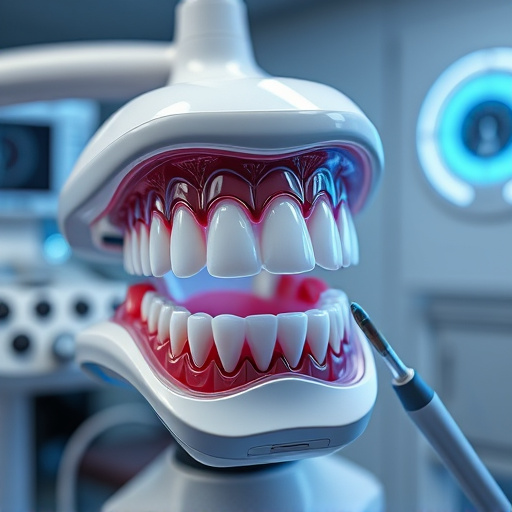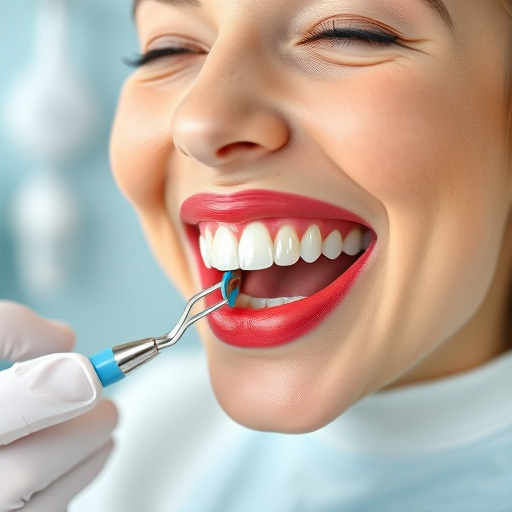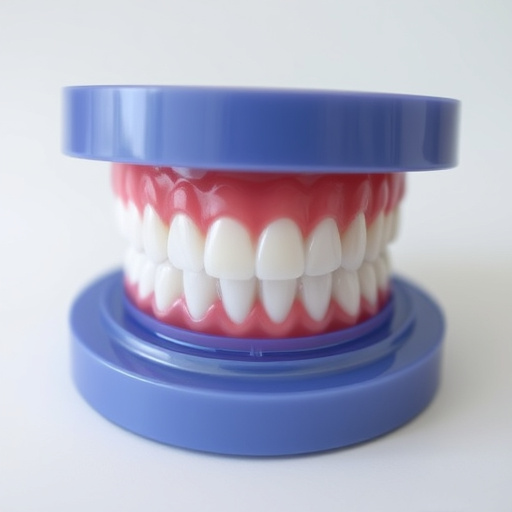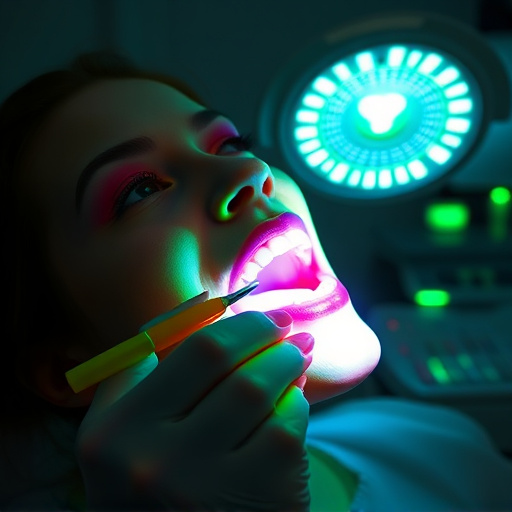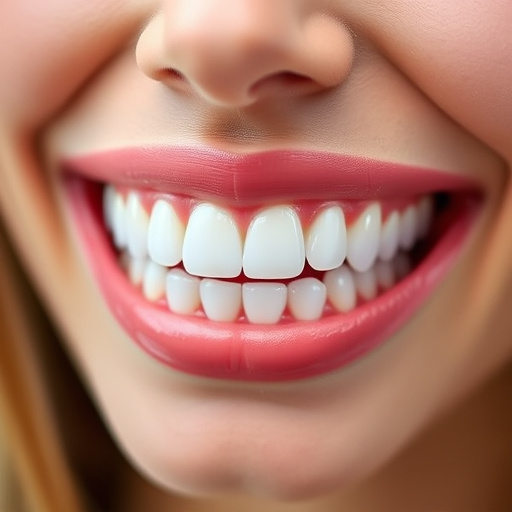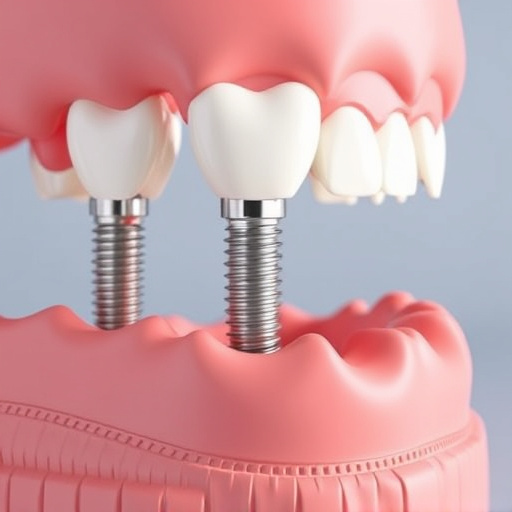A preventive dentistry program takes a holistic approach to oral health, focusing on prevention rather than reaction. Through regular checkups, cleanings, screenings, and patient education, these programs target early issue detection and intervention. By connecting oral and systemic diseases, they support overall well-being, encouraging healthy habits like brushing, flossing, and balanced diets. Personalized guidance on stress, smoking cessation, and nutrition completes the picture, fostering strong teeth, gums, and a vibrant smile linked to happiness and confidence.
Discover the transformative power of a comprehensive preventive dentistry program that goes beyond oral care. This holistic approach to well-being recognizes the deep connection between dental health and overall body functioning. By understanding the fundamental principles of preventive dentistry, you can empower yourself and your family to achieve optimal health. Explore evidence-based strategies and learn how integrating these practices into daily life supports not just dental, but whole-body health and happiness.
- Understanding Preventive Dentistry: A Holistic Approach to Well-Being
- Components of an Effective Program: Strategies for Optimal Oral Health
- Integrating Preventive Measures: The Path to Whole Health and Happiness
Understanding Preventive Dentistry: A Holistic Approach to Well-Being
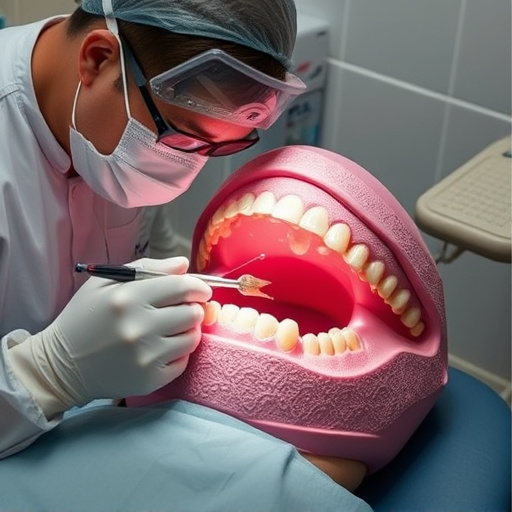
Preventive dentistry is a holistic approach to well-being that focuses on maintaining and enhancing oral health as an integral part of overall health. Unlike traditional dental care, which often reacts to existing problems, preventive dentistry aims to stop issues before they start. This involves regular checkups, cleanings, screenings, and patient education. By understanding the connection between oral health and systemic diseases, a comprehensive dental care program can support not just dental crowns and other treatments but also overall physical well-being.
A robust preventive dentistry program considers various aspects of an individual’s life, from diet and hygiene habits to genetics and lifestyle choices. It encourages patients to adopt practices that foster strong teeth and gums, such as brushing twice daily with fluoride toothpaste, flossing regularly, and maintaining a balanced diet low in sugar and processed foods. Additionally, it may include personalized guidance on managing stress, quitting smoking, and understanding the role of nutrition in dental health. This multifaceted approach ensures that the foundation for whole health is built from the ground up, starting right within the mouth.
Components of an Effective Program: Strategies for Optimal Oral Health
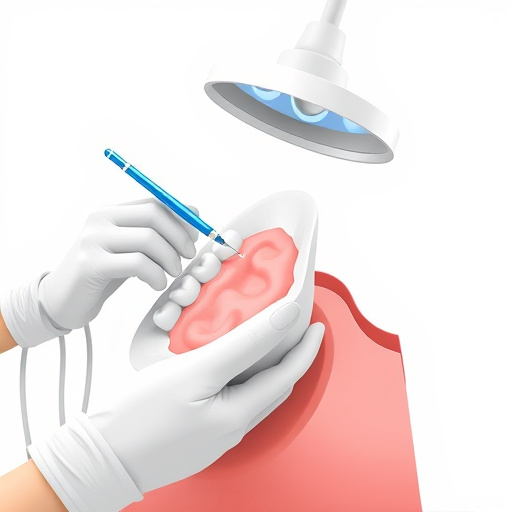
An effective preventive dentistry program goes beyond routine check-ups and cleanings. To support whole health, it incorporates multifaceted strategies focusing on education, early intervention, and patient empowerment. By integrating these elements, a comprehensive program can address not only oral health but also its profound impact on overall well-being. This includes promoting evidence-based practices like proper brushing and flossing techniques, diet counseling to reduce sugar intake, and the use of fluoridation to strengthen tooth enamel.
Complementing these foundational aspects are innovative approaches such as disease risk assessments, personalized oral hygiene recommendations, and community outreach initiatives. By offering guidance on managing dental anxiety and providing access to affordable emergency dental care, these programs ensure that oral health becomes a cornerstone of overall wellness, encompassing both the general dentistry and cosmetic dentistry spheres.
Integrating Preventive Measures: The Path to Whole Health and Happiness
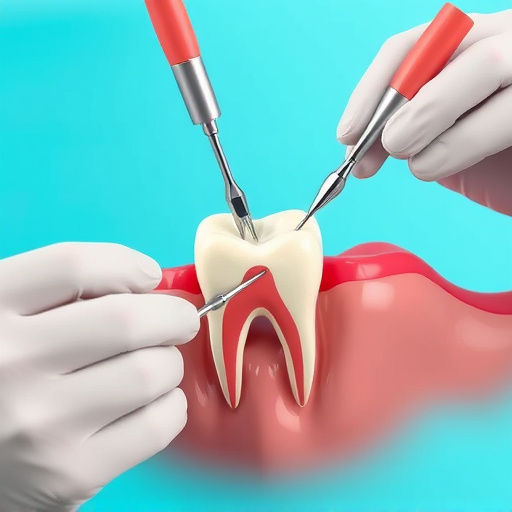
Integrating preventive measures is the cornerstone of achieving whole health and happiness. A comprehensive preventive dentistry program doesn’t just focus on treating dental issues; it proactively addresses them before they become problems. This approach, often starting from a young age through children’s dentistry, involves regular check-ups, cleaning, and education about oral hygiene practices. Incorporating modern tools like clear aligners can further enhance the effectiveness of these programs by offering discreet and effective orthodontic solutions.
By embracing preventive dentistry, individuals and families can look forward to a lifetime of better oral health, which is intrinsically linked to overall well-being. This holistic perspective ensures that dental care is not just about fixing problems but also about maintaining a vibrant, healthy smile that contributes to happiness and confidence in daily life.
A comprehensive preventive dentistry program is a cornerstone of achieving whole health. By integrating oral care with overall well-being, we can significantly reduce dental issues and promote happiness. This holistic approach, as discussed in the article, emphasizes the interconnectedness of our bodies and minds, ensuring that optimal oral health supports a vibrant and balanced lifestyle. Adopting these strategies can lead to better health outcomes and enhance our quality of life.






